Boris Johnson’s energy strategy explained
Nuclear energy at the heart of plan dismissed by critics as a ‘missed opportunity’
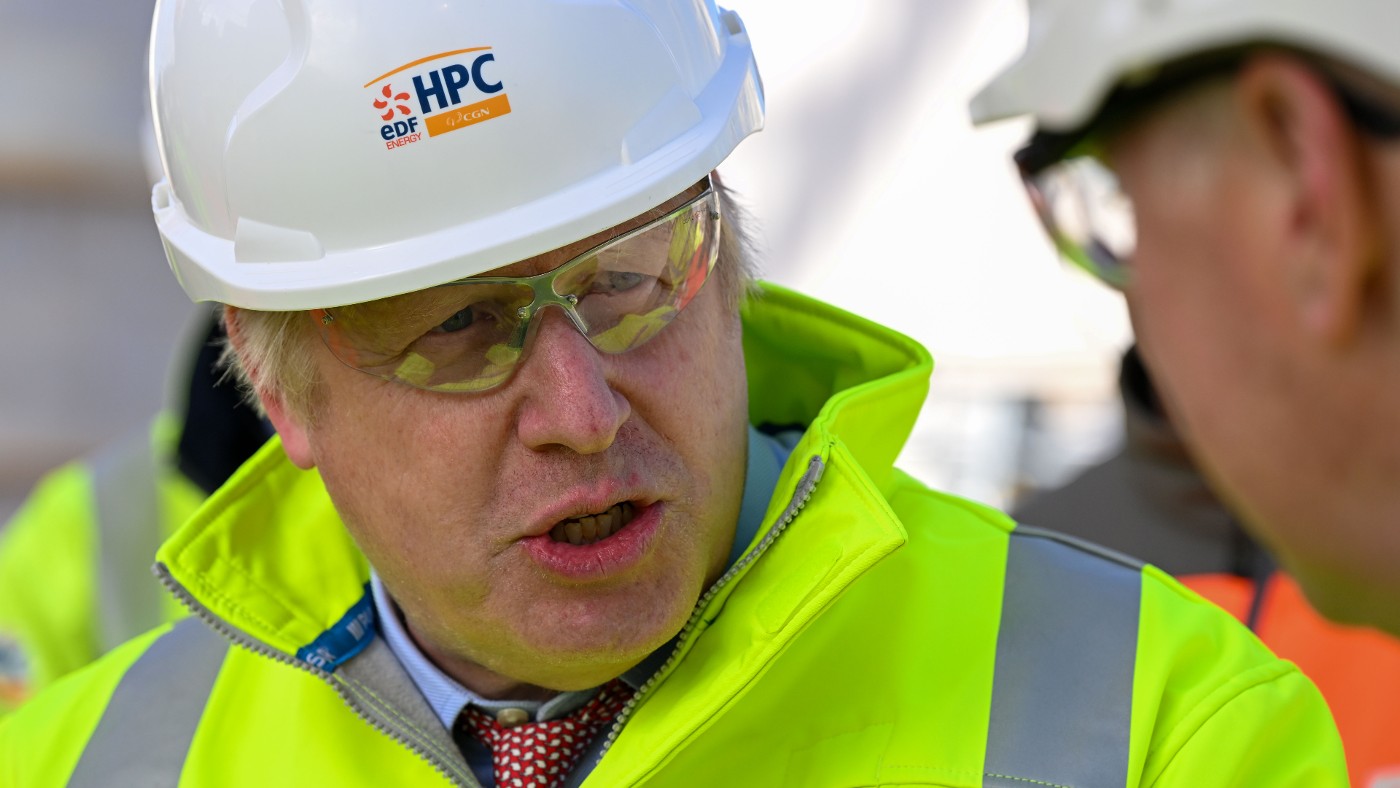
A free daily email with the biggest news stories of the day – and the best features from TheWeek.com
You are now subscribed
Your newsletter sign-up was successful
Up to eight more nuclear reactors could be approved for construction as part of a new UK energy strategy that Boris Johnson has said will tackle the “mistakes of the past”.
Launching the plan at Hinkley Point C, a nuclear power station being built in Somerset, the prime minister said his “bold plans” will put nuclear energy at the heart of the UK’s energy supply and will stop the country being “subject to blackmail” by Vladimir Putin.
The strategy is intended to “boost UK energy independence and tackle rising prices”, the BBC reported. But experts have responded by calling for “a bigger focus on energy efficiency and improving home insulation”.
The Week
Escape your echo chamber. Get the facts behind the news, plus analysis from multiple perspectives.

Sign up for The Week's Free Newsletters
From our morning news briefing to a weekly Good News Newsletter, get the best of The Week delivered directly to your inbox.
From our morning news briefing to a weekly Good News Newsletter, get the best of The Week delivered directly to your inbox.
What is in the plan?
As well as paving the way for more nuclear power plants, Johnson’s plan “also aims to increase wind, hydrogen and solar production”, the BBC said.
The key measures include:
- Plans to build up to eight new nuclear reactors, including two in Suffolk.
- Reform of planning laws to speed up approval of offshore wind farms, as well as offering cheaper energy bills in return for areas hosting onshore turbines.
- Doubling targets for hydrogen production to help provide cleaner energy.
- Easing rules for installing solar panels on homes and commercial buildings to help increase capacity by up to five times by 2035.
- A new licensing round for North Sea oil and gas projects to be launched this summer.
- Support for heat pump production in an effort to reduce demand for gas.
‘A missed opportunity’
Expectations around the government’s new energy strategy have been heightened by the cost of living crisis and soaring energy bills as a result of Russia’s invasion of Ukraine. But environmentalists and some experts reacted with “disbelief and anger” at some of the measures, said BBC environmental analyst Roger Harrabin.
Critics “cannot believe the government has offered no new policies on saving energy by insulating buildings”, he added, arguing that “energy efficiency would immediately lower bills and emissions, and is the cheapest way to improve energy security”.
A free daily email with the biggest news stories of the day – and the best features from TheWeek.com
A Downing Street source told Harrabin the announcement had morphed into an “energy supply strategy” in light of Putin’s threat to cut off Russian gas deliveries.
Damian Carrington, The Guardian’s environment editor, said that by “betting big on nuclear, hydrogen, oil and gas while passing over energy saving measures”, Johnson’s plan for the future is a “huge missed opportunity”.
Paul Waugh, chief political commentator at the i news site, tweeted that the prime minister had “bottled it” by dropping earlier plans to drastically increase both onshore wind and solar energy.
But Tom Greatrex, boss of the Nuclear Industry Association, welcomed the plans as a “vital step forward” for the UK to meet its climate goals, adding that the strategy could create thousands of jobs.
The Confederation of British Industry also said the strategy “sets an ambitious bar for a more resilient, low carbon energy system for the future”, while cautioning that businesses need help paying their energy bills now, Sky News reported.
-
 Tourangelle-style pork with prunes recipe
Tourangelle-style pork with prunes recipeThe Week Recommends This traditional, rustic dish is a French classic
-
 The Epstein files: glimpses of a deeply disturbing world
The Epstein files: glimpses of a deeply disturbing worldIn the Spotlight Trove of released documents paint a picture of depravity and privilege in which men hold the cards, and women are powerless or peripheral
-
 Jeff Bezos: cutting the legs off The Washington Post
Jeff Bezos: cutting the legs off The Washington PostIn the Spotlight A stalwart of American journalism is a shadow of itself after swingeing cuts by its billionaire owner
-
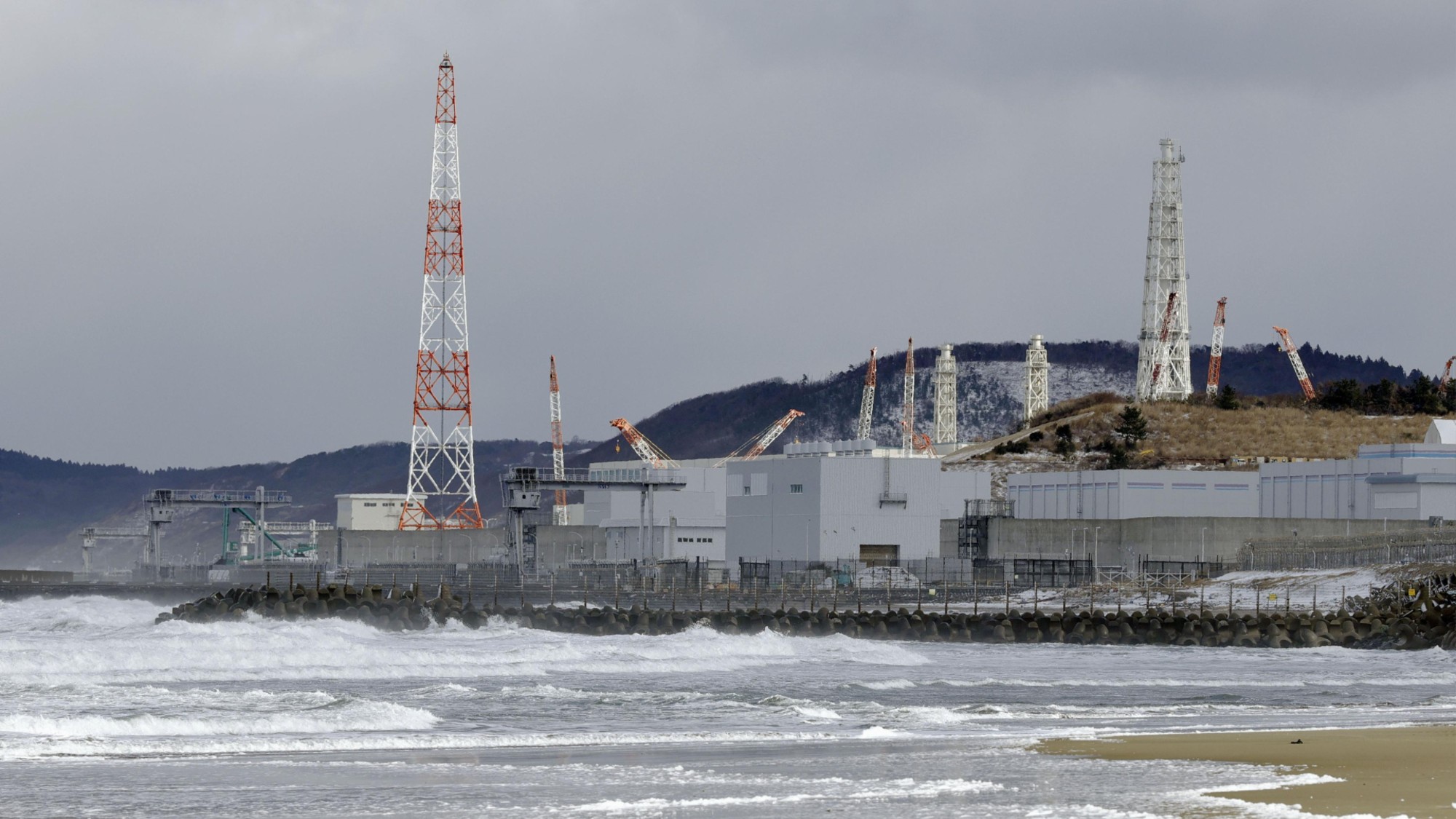 Fifteen years after Fukushima, is Japan right to restart its reactors?
Fifteen years after Fukushima, is Japan right to restart its reactors?Today’s Big Question Balancing safety fears against energy needs
-
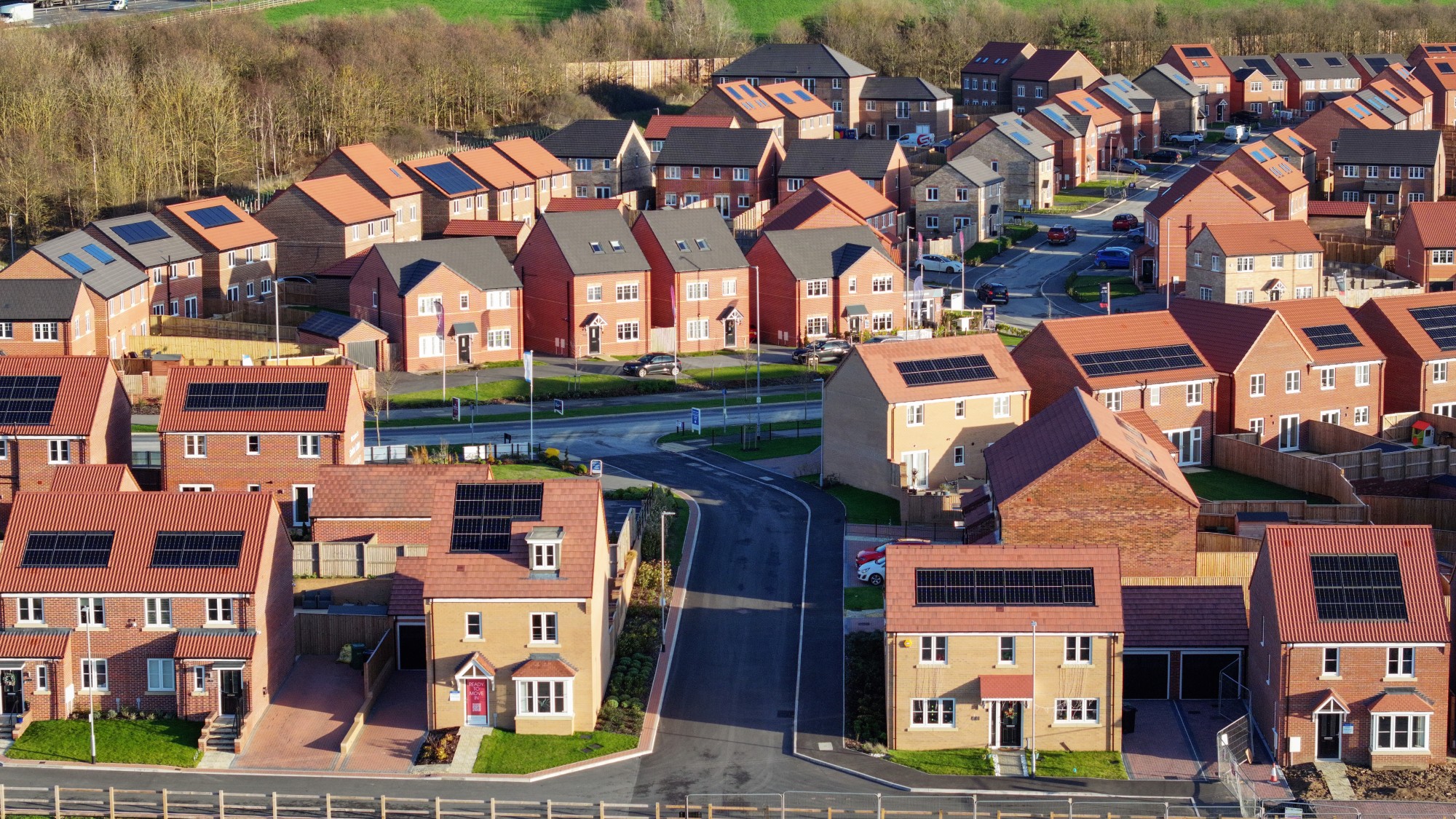 Zero-bills homes: how you could pay nothing for your energy
Zero-bills homes: how you could pay nothing for your energyThe Explainer The scheme, introduced by Octopus Energy, uses ‘bill-busting’ and ‘cutting-edge’ technology to remove energy bills altogether
-
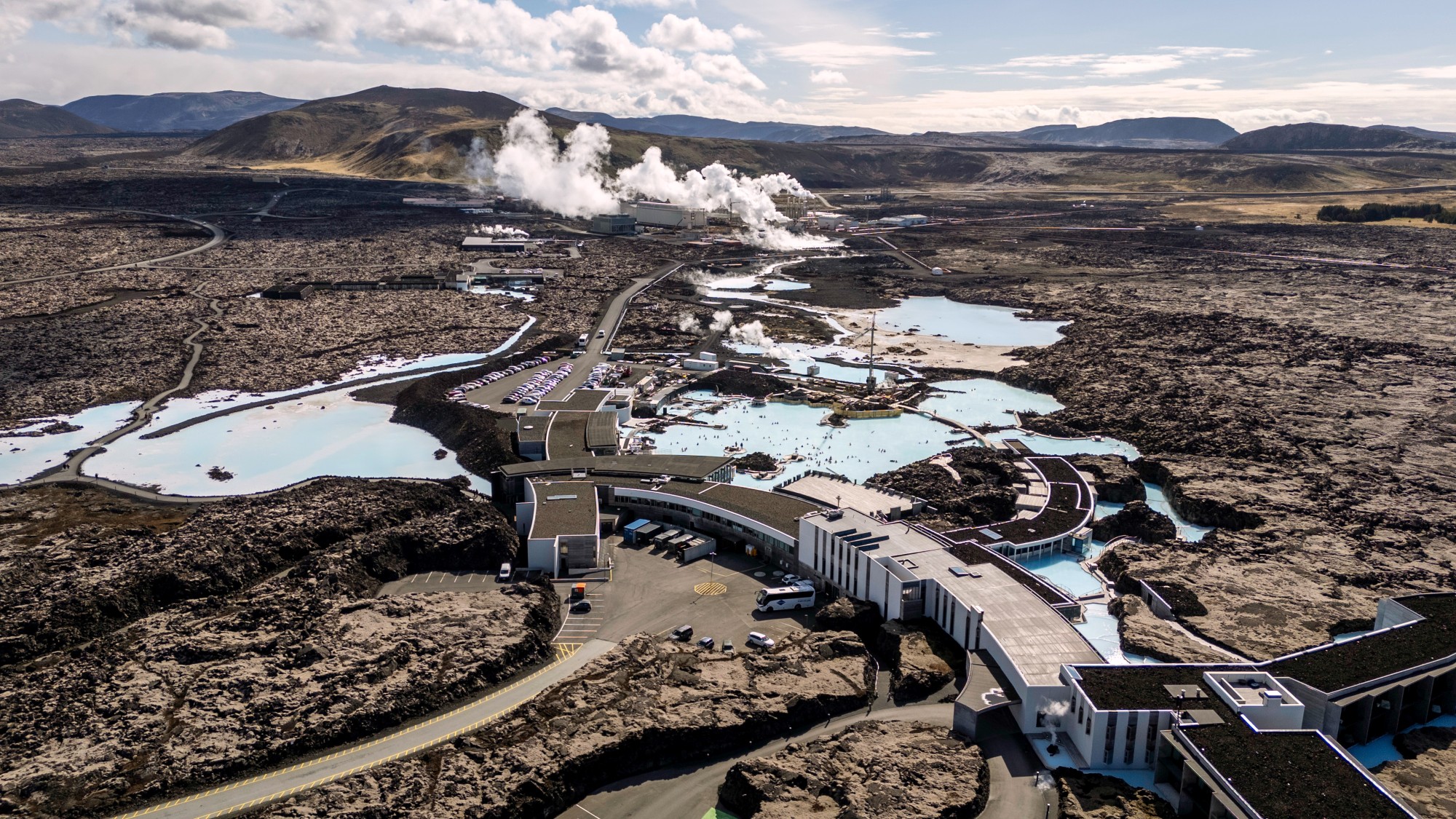 Pros and cons of geothermal energy
Pros and cons of geothermal energyPros and Cons Renewable source is environmentally friendly but it is location-specific
-
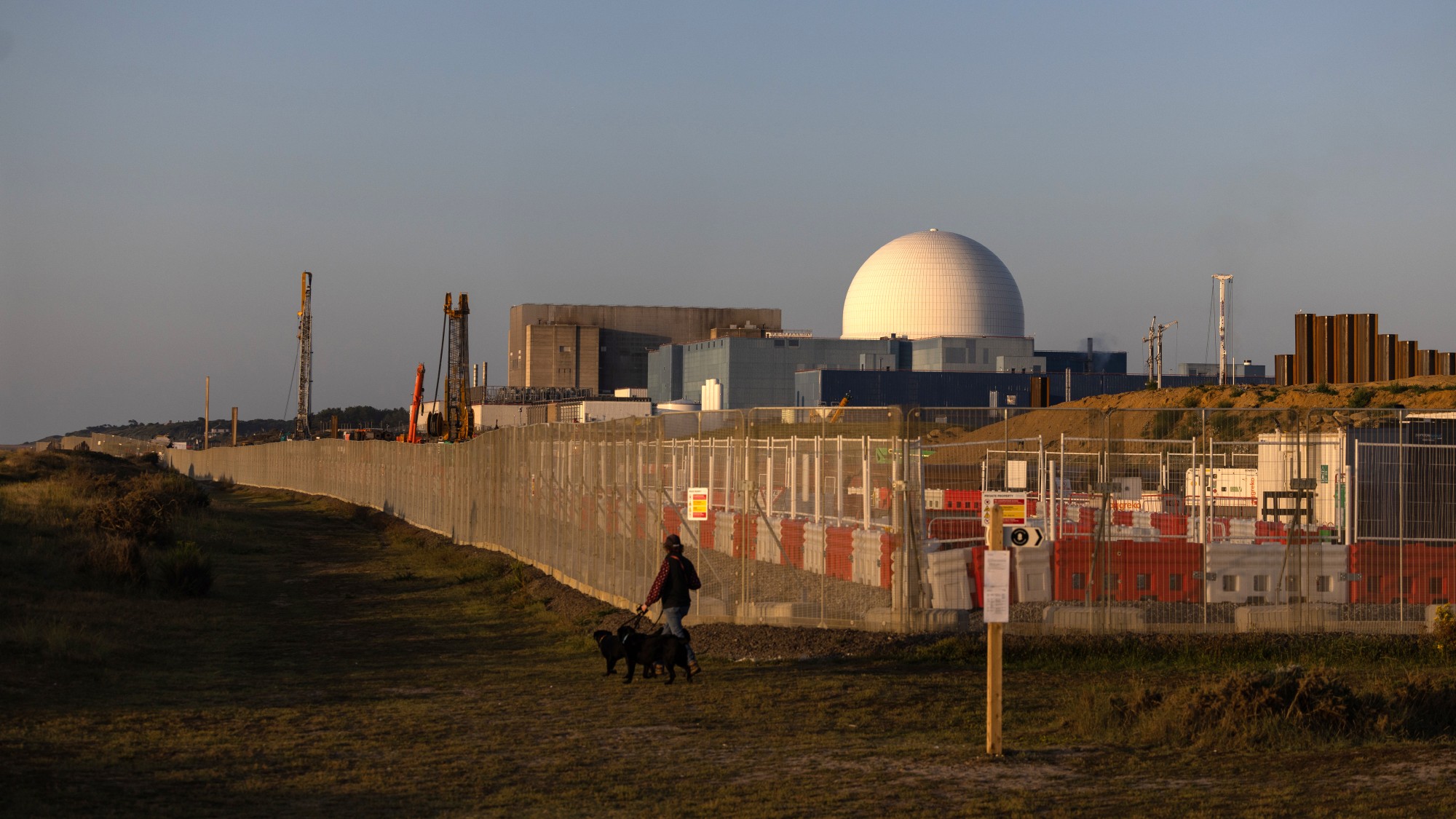 Are we entering a ‘golden age’ of nuclear power?
Are we entering a ‘golden age’ of nuclear power?The Explainer The government is promising to ‘fire up nuclear power’. Why, and how?
-
 Builders return to the stone age
Builders return to the stone ageUnder the Radar With brick building becoming ‘increasingly unsustainable’, could a reversion to stone be the future?
-
 Megabatteries are powering up clean energy
Megabatteries are powering up clean energyUnder the radar They can store and release excess energy
-
 Renewables top coal as Trump seeks reversal
Renewables top coal as Trump seeks reversalSpeed Read For the first time, renewable energy sources generated more power than coal, said a new report
-
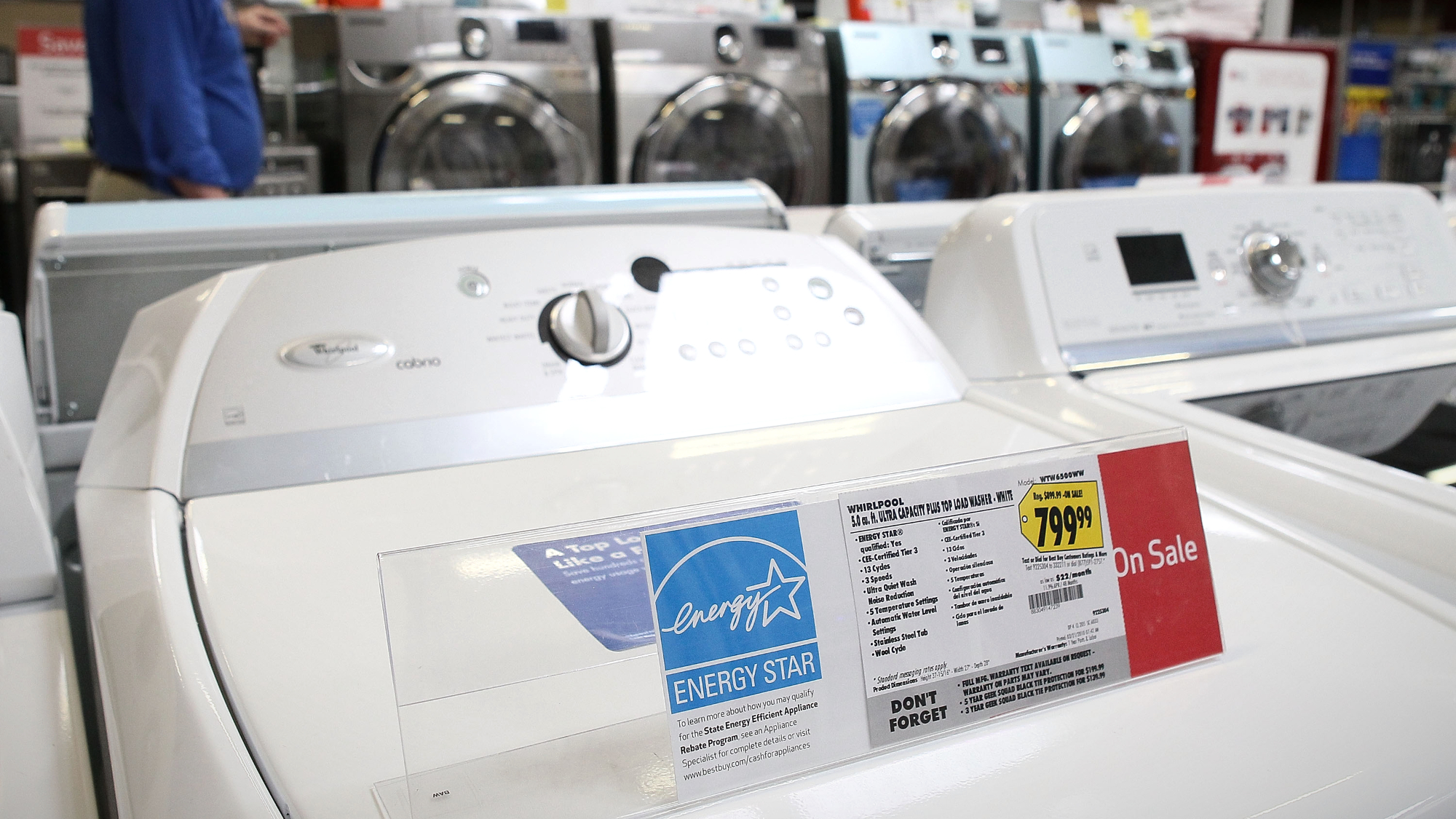 EPA is reportedly killing Energy Star program
EPA is reportedly killing Energy Star programspeed read The program for energy-efficient home appliances has saved consumers billions in energy costs since its 1992 launch